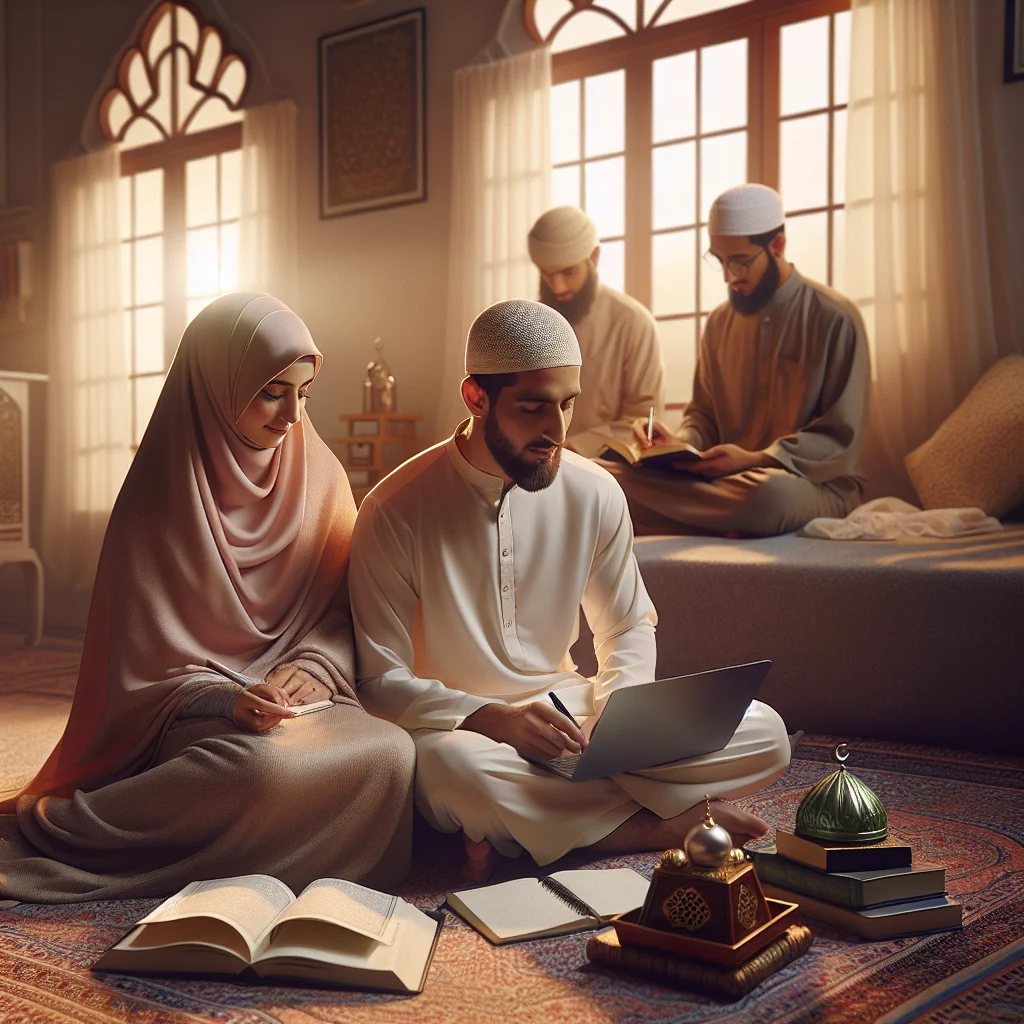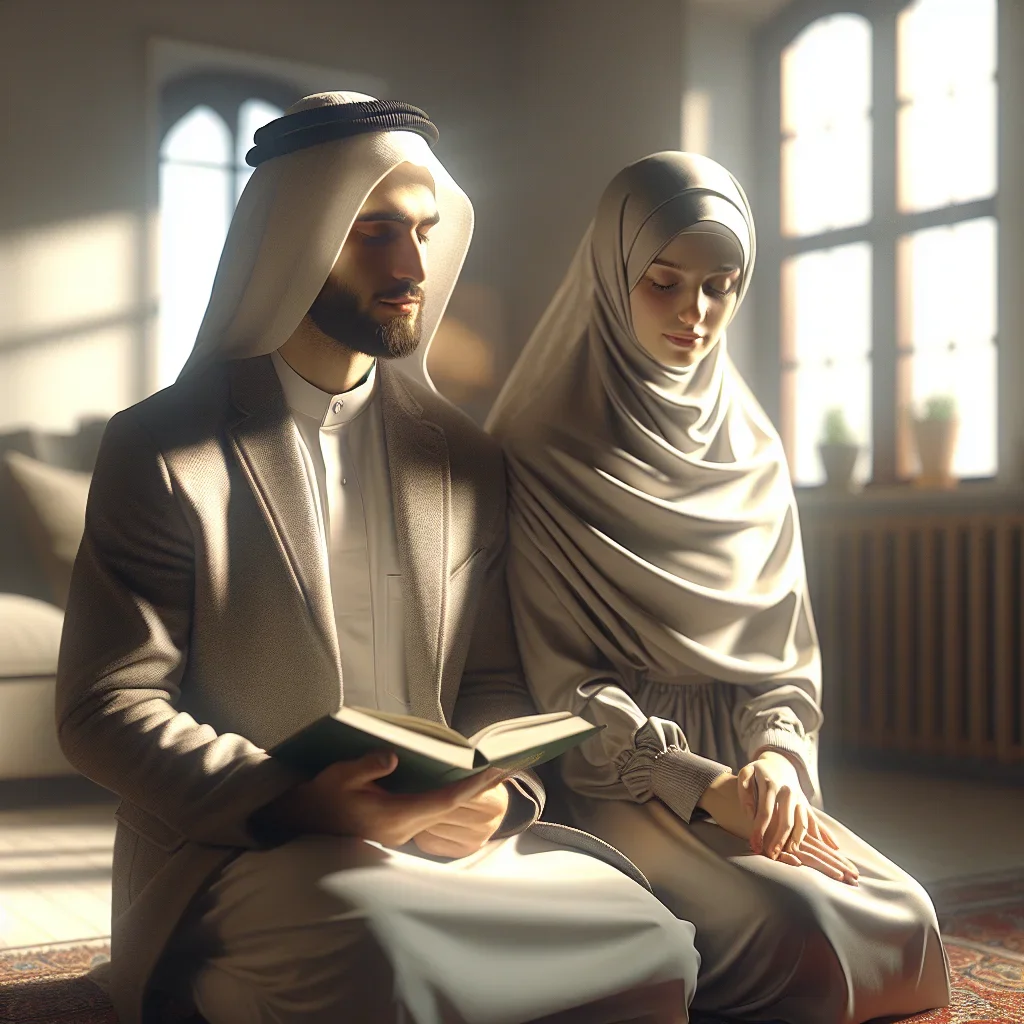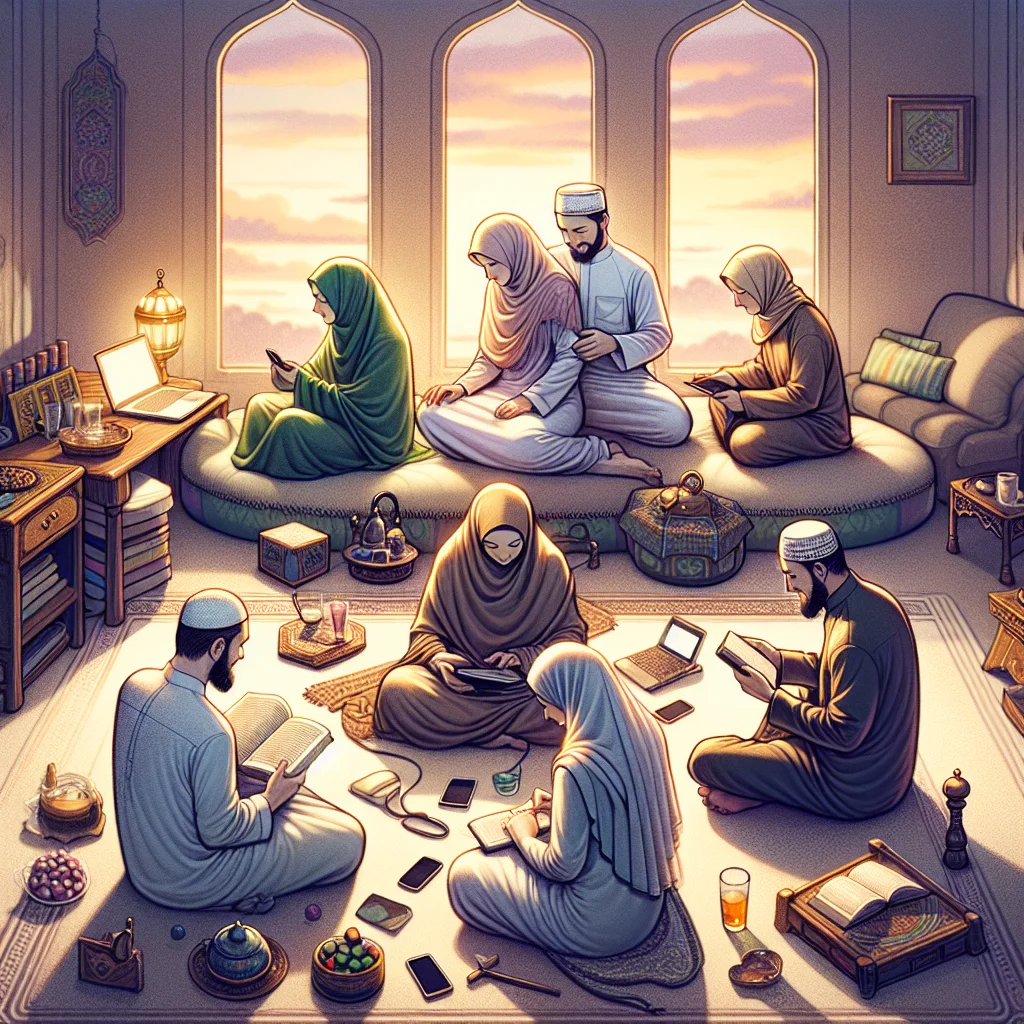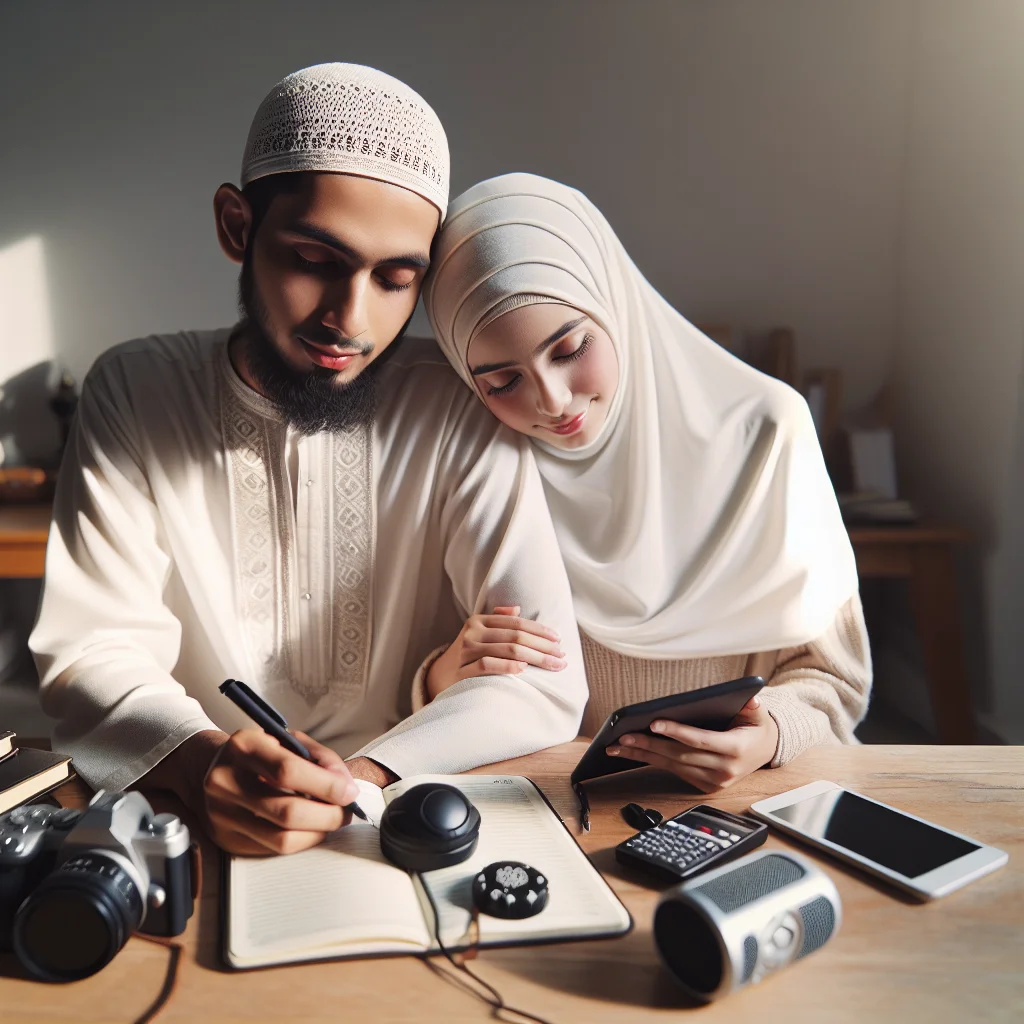Navigating Gender Roles and Expectations in Modern Muslim Marriages
In the ever-evolving landscape of relationships, Muslim couples are continuously faced with the challenge of navigating gender roles and expectations within their marriages. Traditional Islamic teachings emphasize the importance of mutual respect, understanding, and cooperation between spouses, but in a modern context, these teachings can sometimes clash with societal norms and expectations. As Muslims strive to balance their faith with the realities of the contemporary world, it is crucial to address these issues and find a way to create harmonious and fulfilling marriages.
One of the key principles of Islamic marriage is the concept of gender equality. While Islam acknowledges the inherent differences between men and women, it also emphasizes that both genders are equal in the sight of Allah. This equality should be reflected in the marriage relationship, with both spouses sharing rights and responsibilities. However, societal expectations and cultural norms may sometimes lead to gender roles that are rigid and restrictive, causing friction within the marriage.
It is essential for Muslim couples to open up a dialogue about gender roles and expectations from the beginning of their relationship. Communication is key in setting mutual expectations and understanding each other's perspectives. While the Islamic framework provides guidance on the roles and responsibilities of husbands and wives, it is important for couples to adapt these teachings to their own unique circumstances.
Flexibility and compromise are essential in modern Muslim marriages. Both spouses should be willing to listen to each other's needs and concerns and make adjustments accordingly. The Prophet Muhammad (peace be upon him) emphasized the importance of kindness and consideration towards one's spouse, regardless of gender. This beautiful example should serve as a guiding light for Muslim couples navigating the complexities of marriage in the 21st century.
Another crucial aspect of navigating gender roles in modern Muslim marriages is the concept of shared decision-making. While Islam places the responsibility of providing for the family on the husband, it also encourages consultation and mutual agreement between spouses in matters that affect their lives. Muslim couples should work together as a team, making decisions collaboratively and respecting each other's opinions and values.
It is also important for Muslim couples to challenge stereotypes and misconceptions about gender roles within their communities. By modeling a healthy and balanced marriage, couples can inspire others to rethink traditional attitudes towards gender and encourage a more enlightened approach to relationships. Education and awareness are powerful tools in dismantling harmful stereotypes and fostering a culture of equality and respect.
In conclusion, navigating gender roles and expectations in modern Muslim marriages requires a combination of faith, communication, and adaptation. By upholding the principles of equality, mutual respect, and cooperation, Muslim couples can create marriages that are based on love, understanding, and shared goals. It is a journey that requires patience, understanding, and a deep commitment to living out the values of Islam in every aspect of married life. May Allah bless all marriages with harmony, peace, and fulfillment.
To find a righteous partner, install the Good Spouse app: http://goodspouse.com/go/en
Install the Good Spouse app: ⬇️⬇️⬇️⬇️⬇️




